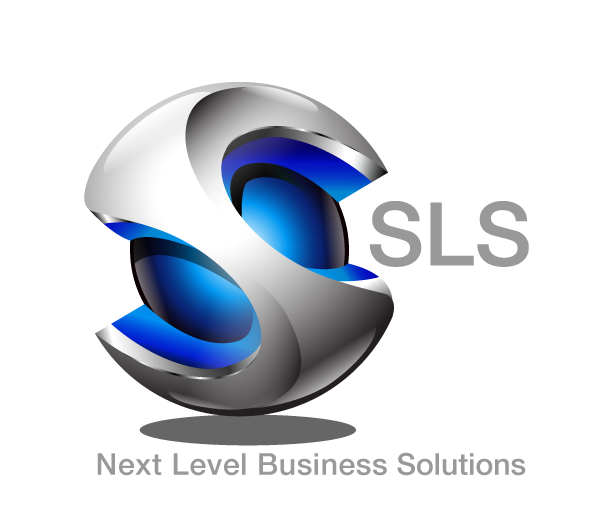Gov Tech is short for Government Technology. State-of-the-art govtech uses technology to improve government services and operations. Additionally, gov tech software helps move local governments away from paper-based workflows. This modern technology provides local, state, and city governments with digital infrastructure. It encompasses a wide range of technologies and approaches to enhancing government functions. Modern government technology also improves efficiency, transparency, and effectiveness.
GovTech initiatives can include developing digital platforms for citizen engagement. This new technology also uses data analytics to inform policy decisions. In addition, implementing automation and artificial intelligence streamlines bureaucratic processes. Lastly, this technology adopts emerging technologies like blockchain for security and transparent record-keeping.
What is GovTech Stack?
The “GovTech stack” refers to collecting technologies and tools used specifically within government technology initiatives. This stack typically includes various software, platforms, and infrastructure components. We tailor the software and infrastructure to the needs of the agency. The GovTech stack may vary depending on the specific goals and focus of a particular government’s technology initiatives.
What are the Goals of GovTech?

What Does Gov Tech Offer?
- Enhancing Transparency:
- Streamlining Operations:
- Improved Service Delivery:
- Fosters Innovation:
- And More…
The Benefits of Gov Tech Stack
The GovTech stack encompasses diverse technologies aimed at modernizing government operations, enhancing citizen services, and promoting transparency, efficiency, and innovation in the public sector.
In addition, these platforms facilitate communication and interaction between government agencies and citizens. They may include websites, mobile apps, and social media channels designed to provide information, gather feedback, and enable online transactions.
Additionally, GovTech initiatives often rely on data to inform decision-making and improve service delivery. Data management and analytics tools help governments collect, store, analyze, and visualize data from various sources to gain insights and drive evidence-based policy decisions.
Another benefit of govtech stack is cloud computing services provide scalable and cost-effective infrastructure for hosting government applications and data. By leveraging cloud infrastructure, government agencies can reduce IT costs, improve flexibility, and enhance resilience and security.
Furthermore, protecting sensitive government data and systems is crucial for maintaining trust and security. GovTech stacks include cybersecurity solutions such as firewalls, intrusion detection systems, encryption tools, and security monitoring platforms to safeguard against cyber threats and vulnerabilities.
Additional Benefits and Features of Gov Tech Stack.
GovTech initiatives often require robust identity verification and authentication mechanisms to ensure secure access to government services and data. Digital identity solutions enable citizens to prove their identity online securely, while authentication systems verify users’ credentials and permissions.
Geospatial technology, including geographic information systems (GIS), mapping tools, and location-based services, plays a crucial role in various GovTech applications such as urban planning, emergency management, transportation, and environmental monitoring.
Workflow automation and collaboration tools streamline bureaucratic processes and improve productivity within government agencies. These tools automate routine tasks, facilitate collaboration among team members, and enhance workflow efficiency.
Another area is open data initiatives which involve making government data accessible to the public in machine-readable formats. Open data platforms provide repositories and APIs (Application Programming Interfaces) for publishing and accessing government datasets, fostering transparency, innovation, and economic development.
Some GovTech initiatives explore the use of blockchain and DLT for secure and transparent record-keeping, identity management, supply chain management, and other applications requiring tamper-resistant data integrity.
Government agencies often require software solutions to manage regulatory compliance, licensing, permitting, and enforcement activities efficiently. These solutions help streamline regulatory processes, ensure compliance with laws and regulations, and facilitate transparency and accountability.
In conclusion:
By leveraging our GovTech stack, your agency can transform operations, deliver superior citizen services, and stay ahead in today’s rapidly evolving digital landscape. Join us in shaping the future of governance through technology excellence and citizen-centric innovation.
Unlock the full potential of your government agency with our comprehensive GovTech stack. Contact us today to learn more about how we can help you achieve your digital transformation goals.

